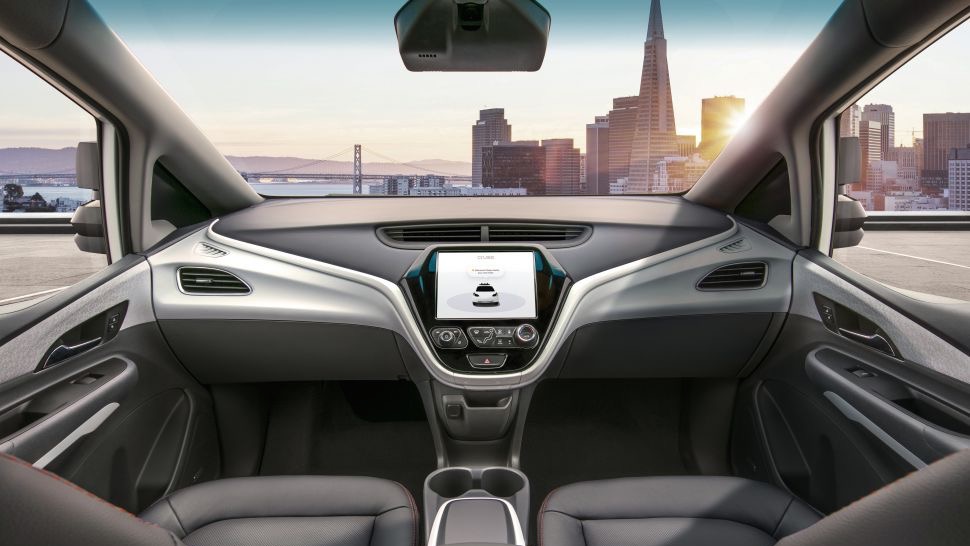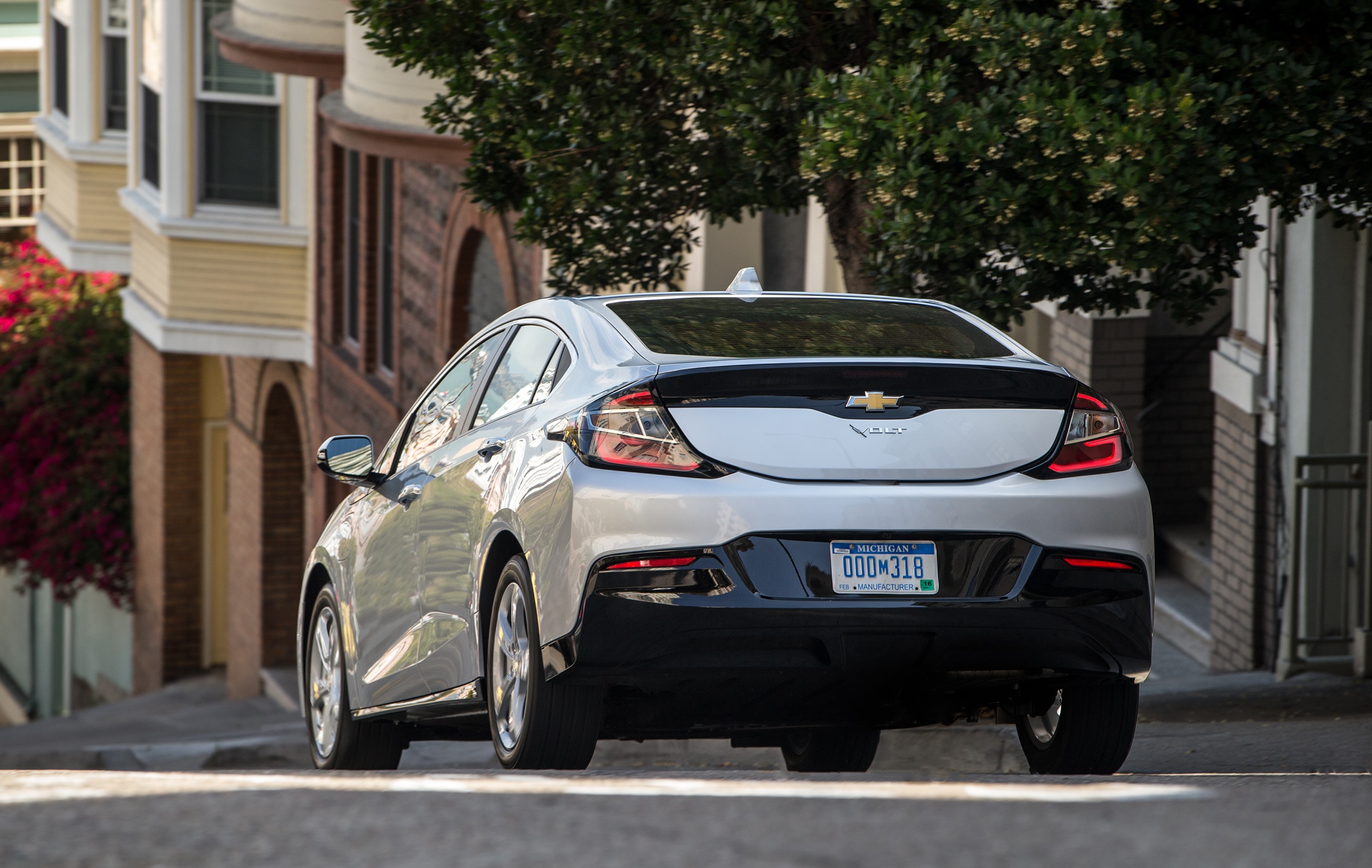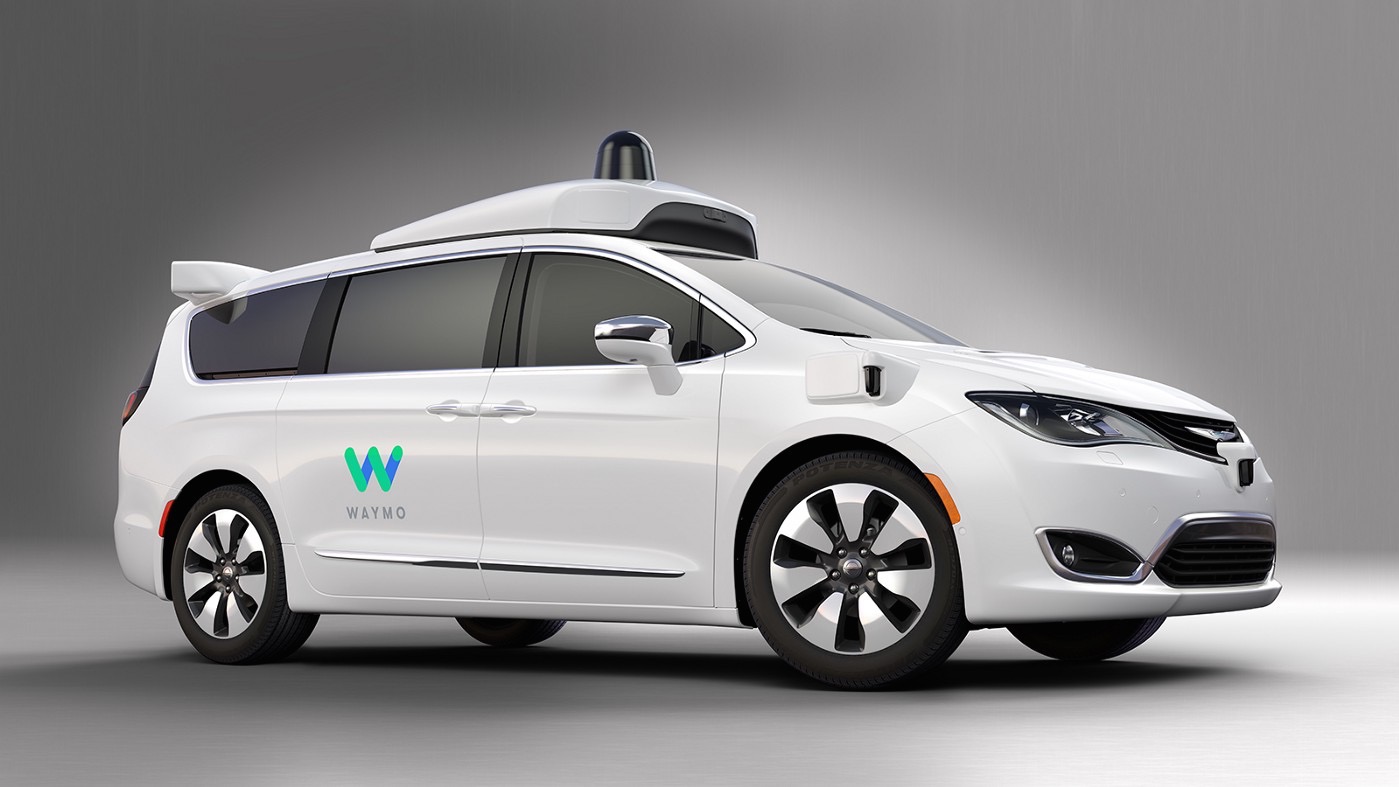GM Cruise just got a huge investment to accelerate driverless car development
SoftBank puts billions towards GM's self-driving cars

SoftBank, the company behind Boston Dynamics’ door-opening robots and a real-life Transformer, is investing billions into a more mainstream AI industry: driverless cars.
Specifically, SoftBank Vision Fund, Softbank’s investment fund group, will bankroll $2.2 billion into GM Cruise, General Motors’ self-driving department, in return for a 20% stake, GM announced today in a statement.
SoftBank will withhold $1.35 billion of its promised investment until GM’s autonomous vehicles are “ready for commercial deployment.” GM is hoping to launch its fleet of self-driving cars sometime next year.
GM will also invest $1.1 billion of its own assets into GM Cruise.
“Our Cruise and GM teams together have made tremendous progress over the last two years,” GM CEO Mary Barra said. “Teaming up with SoftBank adds an additional strong partner as we pursue our vision of zero crashes, zero emissions and zero congestion.”

SoftBank’s investment will likely help GM in launching a pilot test program of self-driving cars in Manhattan sometime this year.
Each of GM’s electric, self-driving Chevy Volts will be insured for $5 million for any potential accidents caused by GM’s AI.
Get daily insight, inspiration and deals in your inbox
Sign up for breaking news, reviews, opinion, top tech deals, and more.
Forbes reports that GM and SoftBank’s partnership will span seven years. Michael Ronen, a managing partner at SoftBank Investment Advisers, told Forbes that seven years, “is a good benchmark for what we think is the runway for this technology to get at least close to maturity.”
SoftBank also spent $7 billion on a 15% stake in Uber, CNN Tech reported last year. Uber has its own self-driving ambitions, but after a high-profile, fatal accident in Arizona earlier this year, the company has suspended most of its self-driving testing on public roads.
Another major player in the self-driving race
GM has the second-best safety record of self-driving disengagements after Waymo, Google’s self-driving division, and SoftBank’s major investment could help the Detroit-based manufacturer compete with its Silicon Valley rival.
Just after GM’s announcement, Waymo revealed its plans to buy 62,000 Fiat Chrysler minivans with self-driving tech built-in, as part of the company’s plan to launch its self-driving ride-hailing service in Arizona later this year.
Coincidentally, Waymo has also entered into discussions with Uber to lease out some of its cars to Uber’s self-driving taxi service. It’s unclear whether SoftBank could look to torpedo these talks, or encourage Uber to try out GM’s cars instead.

What we really want to know is whether GM plans to sell self-driving Chevy Volts from its fleet to consumers directly, or if it will look to start its own driverless ride-sharing or rental service instead.
Uber released a joint statement with other ride-sharing companies earlier this year stating that consumers shouldn’t be able to buy their own autonomous vehicles.
If GM chooses to sell self-driving cars and Uber lobbies against it, SoftBank could end up awkwardly backing both sides of the feud. But, until GM announces more concrete plans, much of this is mere speculation.
Michael Hicks began his freelance writing career with TechRadar in 2016, covering emerging tech like VR and self-driving cars. Nowadays, he works as a staff editor for Android Central, but still writes occasional TR reviews, how-tos and explainers on phones, tablets, smart home devices, and other tech.
